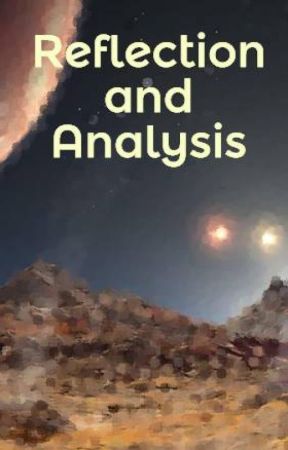Talk about complicated. I do stand by my previous reflection on the movie, in that what I've heard about it has indeed panned out, yet in this same regard, the movie is not as bad as everyone feared it would be. I'm not saying this to try and convince people to go out and see the movie. It's more of -- well, I've got a couple of friends who do, in fact, like a movie. And I find the critics I watch the videos of -- what they've had to say was interesting.
What do the critics have to say?
This feels like the best place to start, for while the critics I follow do all have their criticisms, there is also a consensus among them that had this movie released at any other time, it would actually be making over a billion in the movie theaters. Outside of a pacing issue around the middle, they feel this is a movie little girls and families can enjoy.
Which, normally that would be a good thing for the movie, so what is going wrong? Why is the movie failing at the box office if the critics of the movie are saying this should any other time be making money?
Did the movie 'Go woke, go broke' as they like to say?
Yes.
There is no getting around the fact they pulled the "go woke, go broke" with this movie. Still, before we dive into that, I yet again want to go into the difference between being woke and going woke because I don't think waking as originally defined is a problematic thing. In fact, those calling things out for going woke are, in fact, being woke. Still, I say this as being woke ties into being aware of what is going on, whereas going woke ties into believing one is aware of what is going on, often for virtue signally purposes only to be way off-beaten in solving the problems.
How has the movie virtue signaled?
- They've marketed the movie based on Halle Bailey being a diversity hire rather than for her acting talent.
- They over-diversified the cast to the point there is some willing suspense of disbelief issues.
- They made changes based on what they deemed to be politically correct, which in turn resulted in their target audience asking if they actually understood the original movie.
Are these things actually bad?
No.
First, there is nothing wrong with having a diverse cast if the diverse cast makes narrative sense. Second, there is nothing wrong with race-swapping a character if there the race swap is done for a logical reason. Third, there is nothing wrong with making changes to the original if they make narrative sense, but these don't always have to be done to make sense.
Was Halle Bailey the right actress for the job?
No.
And I'm not saying here that she's a bad actress, but there is no getting around the fact she's being treated as a diversity hire. The emphasis here is on the fact she's being treated as a diversity hire because whether she really was the best actress for the job is another question entirely. There's also no getting around The Little Mermaid not being good for Halle Bailey's career, yet as I say this, I want also to point out that a lot of this has to do with the timing. It goes back to how the critics I follow note this would be making a billion dollars if this was released any other time than now.
What is the issue with the now?
The issue with the timing has to do with how diversity hires are currently the in-fad in Hollywood which in turn is detrimental to Black actors and actresses rather than something that helps them out as Hollywood claims. There's also the issue of these diversity hires that are the current in-fad for Hollywood being held up as first that they are not. Halle Bailey, for example, is not the first Black mermaid. She's not the first Black actress to play a character who was originally white; there are actually quite a few Black actresses who've done this, so nothing truly historical is going on, although people claim she's making history.

YOU ARE READING
Reflection and Analysis
RandomThis is a collection of essays related to series I either read or watch, although there is only one chapter at this point I wish to discuss.
